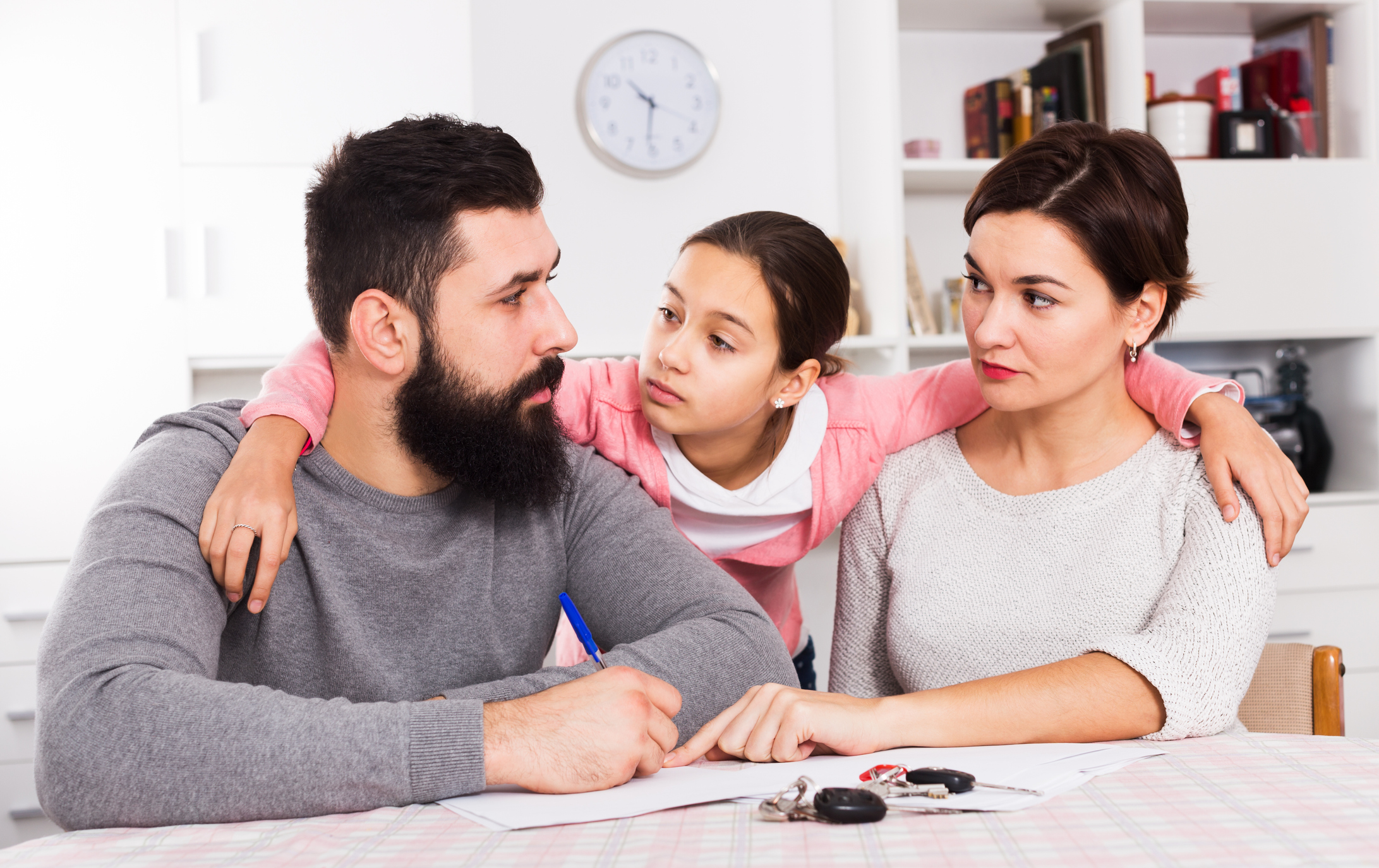
Parents in New Jersey who have worked hard to co-parent amicably and provide two stable environments for their child may be surprised when the child announces that it is not working. After all, reducing conflict is supposed to lessen the negative stressors of the divorce, and creating strong parent-child bonds is good for mental, physical and social development.
According to FindLaw, even though the parents are happy with the arrangement, if the child is 12 or older, the court may be interested in listening to his or her point of view and considering custody modifications based on those opinions. This is not to say that the couple would no longer share joint custody. Even if the child primarily lives with one parent, the couple could still share the responsibilities and decisions of parenting.
The law says children may be old enough to decide, but is it really good for their emotional and mental health to be able to take on these major decisions? Psychology Today says it could be in children’s best interests to allow them to contribute their opinions about the parenting schedule. Children often have valuable opinions about what works in their lives. For example, in the tween and teen years, extracurricular and social activities can make living in two separate locations inconvenient.
Some experts believe it is best to review the parenting plan every two years to determine what is still working and what no longer applies. While it may not be a good idea to give a child sole discretion in setting the schedule, including him or her in the conversation can reduce feelings of powerlessness or guilt and provide a sense of security and well-being.
